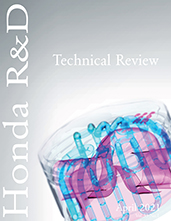Training / Education
Fundamentals of Batteries for Mobility Applications
2024-09-09
How are batteries used in the mobility industry? This three-week hybrid course introduces how batteries fit into the energy context and provides the fundamental knowledge and state-of-the-art insights into battery technologies. It will cover the key role of batteries as a tool for energy storage, the main components and parameters that characterize a battery, and the electrochemical phenomena that lie behind battery operation.

